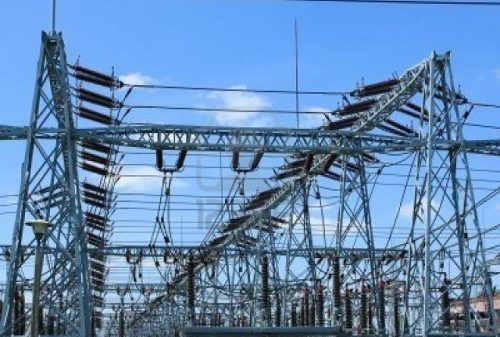
Nigeria witnessed another collapse of its national grid on Monday, leading to a crash in power generation from 4,032.8 megawatts around 1pm to 43.5MW at about 2pm the same day.
Power generation figures obtained from the Transmission Company of Nigeria showed that electricity on the system moved up to 115.4MW around 3pm, before rising further to 240.9MW at about 4pm on Monday.
It climbed to 544.9MW at 5pm and continued the upward trend, as TCN strived to restore the national grid on Monday afternoon till in the evening.
Commenting on the development, the spokesperson of the transmission company, Ndidi Mbah, confirmed the collapse of the grid, but was quick to state that the system was restored by TCN engineers.
“The grid experienced a collapse today (Monday). Presently, it (supply) has been restored except for the Jos axis, which will soon have supply within the hour. The collapse happened by 13.49pm this afternoon. It is now fully restored by 18.51pm,” she stated.
Nigeria’s power grid witnessed series of collapses in September this year, as power consumers lambasted the managers of the system for the incessant crash of the grid.
On September 20, 2023, The PUNCH reported Nigeria witnessed another round of widespread blackout across the country the preceding day as the national power grid collapsed again, making it the third grid collapse in about five days during that period.
The report had showed that power generation on the grid crashed from a peak of 3,594.60 megawatts at midnight to 42.7MW by midday of September 19, 2023.
It was earlier reported in the same month of September that the Federal Government explained that the nationwide blackout witnessed was due to a fire incident and an explosion on the Kainji/Jebba 330kV line 2.
Power consumers, however, kicked against the never-ending excuses of the government as regards power generation and supply in Nigeria, despite privatising the generation and distribution arms of the sector since November 2013.
But the Nigerian Power Consumers Forum condemned the spate of disturbances on the national electricity grid and the fire incidents around power transmission infrastructure.
NPCF’s Convener, Michael Okoh, had raised the concern in a statement issued in Abuja.
“From independent assessment which started last year and up to this year, the forum was able to confirm the various initiatives TCN deployed to stabilise the grid including the use of Internet of Things and the deployment of the stop gap system as a placeholder for a smart grid system,” Okoh had stated.



